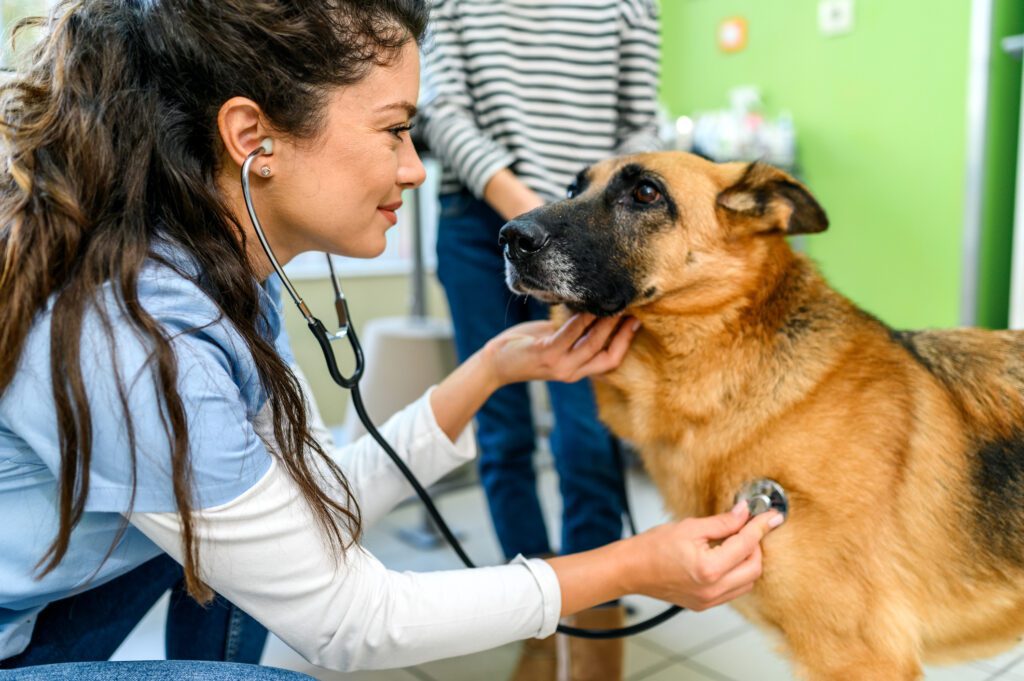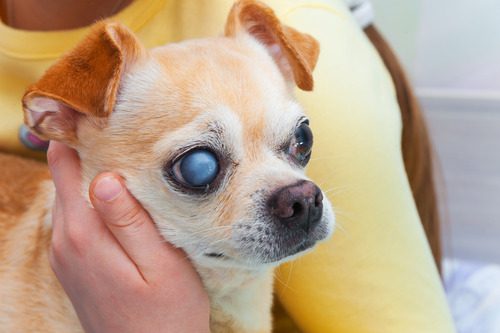Upper Respiratory Infections in Pets: What You Should Know
We all love our fur babies, don’t we? But, just like humans, pets can catch bugs and get sick. One common issue we see here at Companion Animal Hospital of Wakefield in Raleigh, North Carolina, is upper respiratory infections in pets. Don’t worry, though. Today, we’re diving deep into what you should know about these infections to keep your pets safe and happy. But remember, if you think your pet might have an upper respiratory infection, give us a call at (919) 488-5300 to set up an appointment.

What are Upper Respiratory Infections?
Alright, let’s start by breaking down what an upper respiratory infection (URI) actually is. Basically, it’s an infection that affects the nose, throat, and sinus areas of your pet. Think of it like a bad cold, but for animals. They can occur in both cats and dogs, and while they’re usually not life-threatening, they can make your pet feel downright miserable.
Common Symptoms to Look Out For
Symptoms in Dogs
Here’s what you might notice if your pup has an upper respiratory infection:
- Coughing or gagging
- Sneezing
- Runny nose
- Watery eyes
Symptoms in Cats
Cats aren’t much different, though they might show some unique signs:
- Sneezing (a lot!)
- Congested nose
- Runny or goopy eyes
- Occasional cough
If you notice any of these symptoms, it’s crucial to call us at (919) 488-5300 to make an appointment. These signs are your pet’s way of saying, “Hey, I need some help over here!”
Causes of Upper Respiratory Infections in Pets
Most URIs are caused by either viruses or bacteria. These bugs can easily spread from one pet to another, especially in crowded or stressful environments like kennels, shelters, or even pet shows. It’s kind of like how kids bring home all sorts of germs from school.
How Are Upper Respiratory Infections Diagnosed?
When you bring your pet into Companion Animal Hospital of Wakefield, we’ll usually start by taking a thorough history and performing a complete physical exam. Sometimes, we may need to do additional tests like X-rays or lab work to rule out other conditions. But, the diagnosis often comes from your pet’s symptoms and our clinical expertise.
Treatment Options Available
We get it, you want your pet to feel better as soon as possible. Treatment for URIs often includes medications like antibiotics or antivirals, depending on whether bacteria or a virus is the culprit. Your pet might also need supportive care, such as fluids or supplements to help them recover. Each pet is unique, so we tailor our treatments to fit their specific needs.
Prevention is Better Than Cure
Let’s talk about prevention, shall we? Keeping your pet up-to-date on vaccinations is a great first step. Also, good hygiene and proper care can go a long way in preventing URIs. For example, make sure to clean and disinfect pet bowls, toys, and bedding regularly. And avoid places where sick animals might hang out.
When to Contact Companion Animal Hospital of Wakefield
If you’re noticing any signs of an upper respiratory infection in your pet, don’t wait. The sooner we diagnose and treat it, the sooner your fur baby can start feeling better. To make an appointment, just give us a call at (919) 488-5300.
Recent Posts

Everything You Need to Know about Hepatitis in Dogs

Reasons Your Cat is Losing Weight

My Dog’s Eye is Cloudy: Should I Be Worried?
About Us
At Companion Animal Hospital of Wakefield, our veterinarians in Raleigh, NC, provide better care for your pets. As members of your family, cats and dogs deserve the highest level of medicine with the most compassion. That’s why we put a strong emphasis on personalized care for your pet and client education for you. We believe that when we take the time to help you thoroughly understand your pet’s health, we’re able to make the best decisions for their care together.


